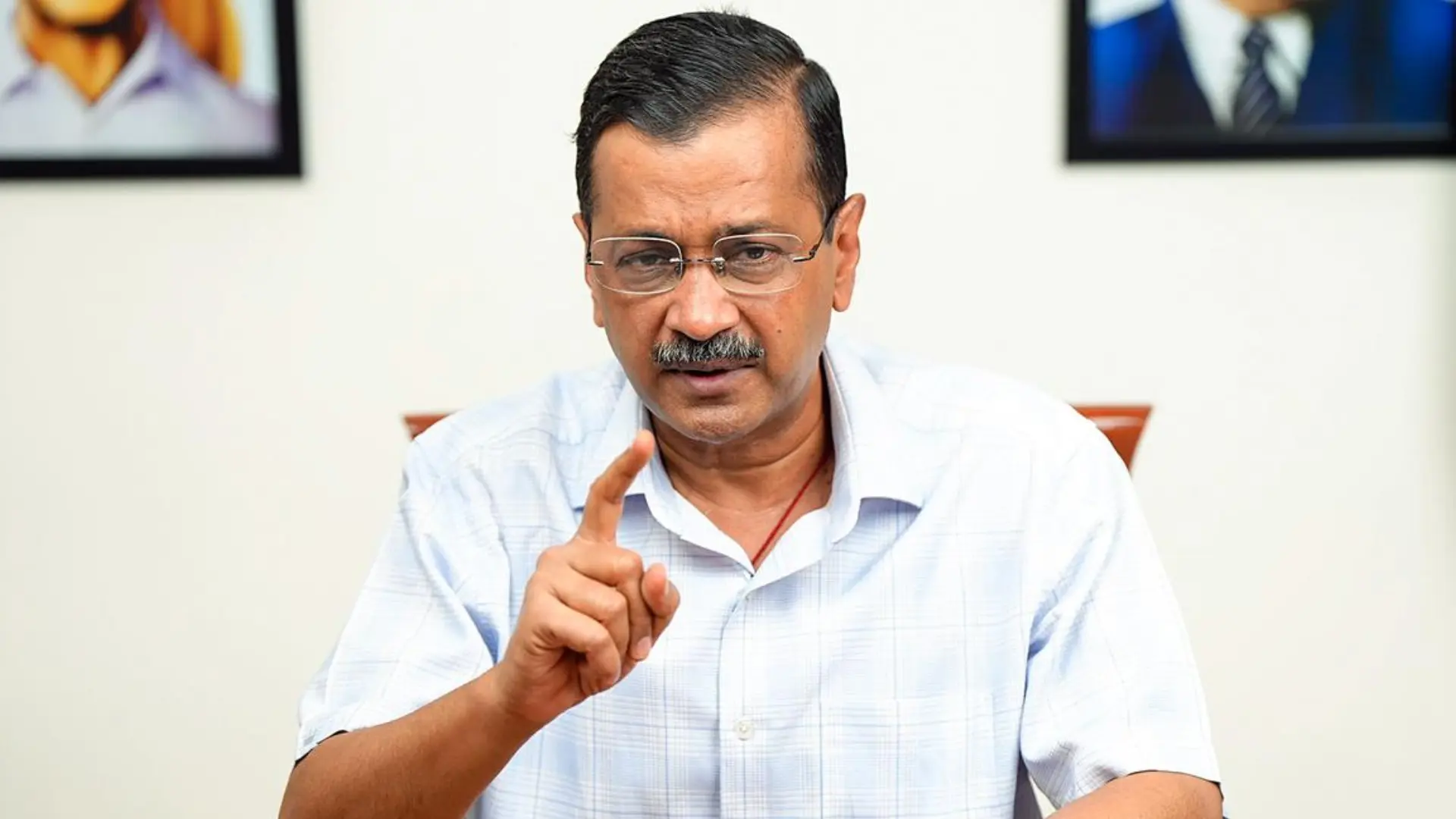In a strongly worded critique of Chief Minister Siddaramaiah’s 15th budget presentation, former Chief Minister and BJP leader Basavaraj Bommai expressed serious concerns about the state’s fiscal direction. He argued that “Development is not possible from Dasoha without Kayaka” (charity without work), highlighting the need for income-generating activities alongside welfare schemes.
Bommai criticized the budget for lacking a clear focus on development, stating that excessive spending on welfare without corresponding income generation could lead the state towards bankruptcy.
“The anticipation was high for CM Siddaramaiah’s 15th Budget. Siddaramaiah spoke about Kayaka (work) and Dasoha (charity), which is part of Karnataka’s culture. However, Dasoha should only follow Kayaka; Dasoha without Kayaka is inadequate. Kayaka-oriented schemes must be the norm.
Dasoha from the earnings of Kayaka is acceptable. However, it seems from the budget that the emphasis on Kayaka was not as expected. Ignoring productivity and distribution renders Kayaka and Dasoha meaningless,” Bommai remarked.
He emphasized the importance of resource mobilization while maintaining capital expenditure. “There is a significant difference between Siddaramaiah-1 and Siddaramaiah 2.0. In 1994, as Finance Minister, he presented a deficit budget, reduced the plan size, and enforced financial discipline.
However, Siddaramaiah 2.0 should have mobilized resources for welfare schemes while also honoring the five guarantees without compromising capital expenditure.”
Bommai raised alarm over the government’s borrowing practices, pointing out that despite borrowing Rs 1.5 lakh crore, only Rs 1,000 crore was allocated for capital expenditure, which he deemed insufficient for development.
“The budget lists 103 committed expenditures, but where is the allocation for development? Approximately 61% of earnings are allocated to expenses. Only Rs 55,000 crore was earmarked for development, while the rest goes to servicing mounting debt. Despite raising stamp and registration, motor vehicle, and excise taxes, the government still borrowed Rs 8,000 crore.
Even with a revenue of Rs 13,500 crore, there is little left for development. This year, the government borrowed Rs 1.5 lakh crore, but only Rs 1,000 crore is allocated for capital expenditure, which is inadequate. With the 7th Pay Commission requiring Rs 20,000 crore if implemented, no funds have been set aside. If the government continues to provide guarantees, where will the funds come from?” Basavaraj Bommai questioned.
He noted discrepancies between the targets set by the previous BJP government and the current government’s achievements, highlighting a shortfall in income despite an ambitious tax collection goal of Rs 1.89 lakh crore.
“This translates to a shortfall of Rs 14,000 crore in capital revenue. The previous BJP government targeted Rs 1.64 lakh crore from various taxes but fell short. The current government aimed for Rs 1.89 lakh crore tax collection but did not meet the target. How can the state develop with such financial management? The government claimed to have spent Rs 96,000 crore in the service sector, but only Rs 94,000 crore was spent. Similarly, in the economic sector, Rs 63,000 crore was spent against a target of Rs 67,000 crore.
Borrowing Rs 1.5 lakh crore may enable development, but not spending revenue hampers progress. The current government attracted 2.8 billion dollars in FDI to Karnataka, compared to 10 billion dollars during the previous BJP regime. There has been a 41% drop in FDI, with 31 companies relocating from Karnataka,” Bommai noted.
Expressing concern over decreased Foreign Direct Investment (FDI) and companies leaving Karnataka, Bommai cautioned that the state’s development could suffer if financial management issues are not addressed promptly.
“The state’s development will regress if the Congress government continues to spend Rs 54,000 crore without preparation. Projects must be implemented within two to three years; otherwise, the state could regress a decade. Development cannot occur without increased revenue collection. Under schemes like Griha Jyoti and Bhagya Jyoti, free power for BPL families is not new. The state submitted a Rs 18,000 crore proposal to the center for drought damage. Even during floods, the previous BJP government promptly distributed Rs 13,000 crore in crop damage relief. The Congress government should have shown similar commitment and provided relief to farmers. Despite receiving Rs 6,000 crore from the center, what has the Congress government achieved?” he questioned.
Bommai criticized the state government’s implementation of various schemes, noting that only 56% of allocated funds to departments had been spent.
“Minorities Welfare and backward classes used 48%, SC/STs 50%, agriculture 55%, health 59%, higher education 65%, major industries 69%, and PWD 69% of their allocations. The BJP government allocated Rs 19,000 crore for irrigation compared to the present government’s Rs 16,000 crore. MLAs were granted Rs 2 crore each, now reduced to Rs 35 lakh. The Congress government increased the loan limit to 2.9%, likely to surpass 3% soon. Financial management has been poor, failing to ensure social justice,” he criticized.
In conclusion, Bommai urged the government to clarify its stance on critical issues such as pension schemes for state government employees and the implementation of Other Post Employment Benefits (OPS).
He stressed that blaming the central government for financial challenges was an attempt to deflect from the state government’s errors. “The state’s financial situation is precarious, and the government will be held accountable if issues arise in the future,” he concluded.

















